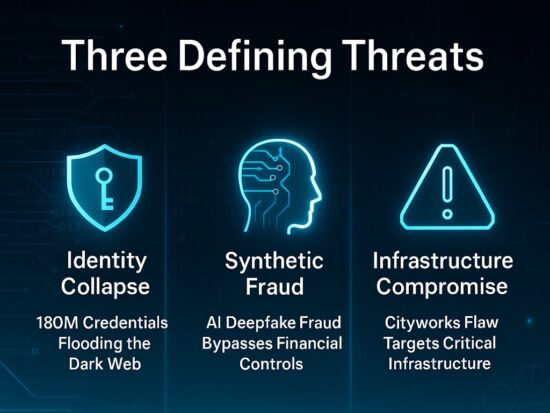Scams have become increasingly prevalent in our modern digital age, posing significant threats to individuals, businesses, and governments alike. From fraudulent emails, text messages and impersonated calls to sophisticated phishing schemes, scams can lead to financial loss, identity theft, and compromised security. Recognizing the importance of addressing this pervasive issue, National Slam the Scam Day, observed on March 7th, serves as a reminder to take proactive measures against scams and safeguard personal, private, and government data. Here, we explore a range of tools and ideas that individuals, company personnel, CEOs, and government agency staff can employ to combat, mitigate, and discourage scam practices, while also ensuring that incidents are promptly reported to the appropriate authorities.
1. Awareness and Education
The first line of defense against scams is awareness and education. Individuals and organizations should stay informed about common scam tactics, such as phishing emails, fake websites, and social engineering techniques. Training programs, workshops, and informational resources can help raise awareness and equip individuals with the knowledge to identify and avoid scams.
2. Implementing Robust Security Measures
For individuals, this may involve installing reputable antivirus software, enabling firewalls, and regularly updating passwords. Likewise, companies and organizations should invest in comprehensive cybersecurity protocols, including encryption methods, intrusion detection systems, and multi-factor authentication.
3. Vigilance in Identifying Red Flags
Encouraging a culture of vigilance is crucial in combating scams. Individuals should exercise caution when receiving unsolicited emails, messages, or phone calls requesting sensitive information. Warning signs such as spelling errors, unfamiliar sender addresses, and urgent demands for personal data should raise suspicion and prompt further verification.
4. Verifying Sources and Authenticity
Before disclosing any personal or financial information, individuals should verify the legitimacy of the requestor. This can involve contacting the organization directly through trusted channels or seeking confirmation from known contacts. Similarly, businesses should implement verification procedures for transactions, contracts, and communications to ensure authenticity and prevent fraudulent activities.
5. Encouraging Reporting Mechanisms
Establishing clear reporting mechanisms is essential for promptly addressing scam incidents. Individuals should be encouraged to report suspicious activities to relevant authorities, such as consumer protection agencies, financial institutions, and law enforcement agencies. Companies can implement internal reporting channels and protocols to facilitate the swift resolution of potential scams and prevent further harm.
6. Collaboration and Information Sharing
Collaboration among individuals, businesses, and government agencies is key to combating scams effectively. Sharing insights, best practices, and threat intelligence can help identify emerging scam trends and vulnerabilities, enabling proactive measures to be implemented swiftly. Platforms for collaborative initiatives, such as information sharing networks and industry forums, play a vital role in fostering cooperation and coordination.
7. Enforcing Regulatory Compliance
Government agencies play a central role in enforcing regulatory compliance and prosecuting scam perpetrators. Implementing robust legislation, regulations, and enforcement mechanisms is critical in deterring fraudulent activities and holding accountable those responsible for scams. Regular audits, investigations, and enforcement actions serve to uphold consumer protection standards and safeguard public trust in financial transactions and online interactions.
National Slam the Scam Day serves as a timely reminder of the collective responsibility to combat scams and protect against financial fraud, identity theft, and data breaches. By raising awareness, implementing robust security measures, encouraging vigilance, and fostering collaboration among individuals, businesses, and government agencies, we can effectively mitigate the risks posed by scams and safeguard personal, private, and government data. Together, let us commit to combating scams and building a safer, more secure digital environment for all.
Do Not Wait
To discourage Scams, you can take proactive approach to report Social Security Scam here, or report various types of Scams in the US Government page here.








 Puru's [AI]
Puru's [AI]
